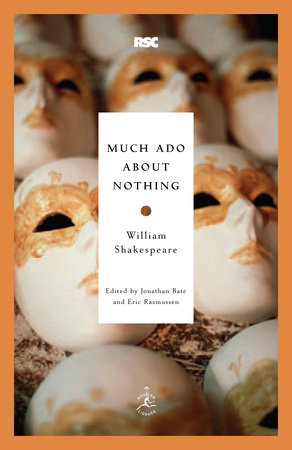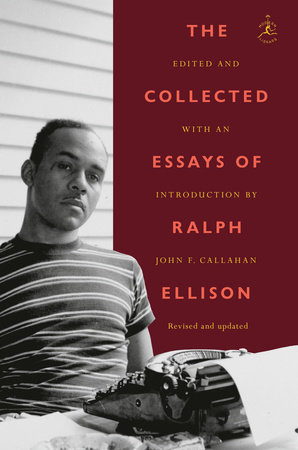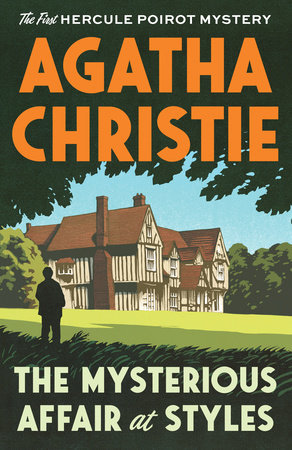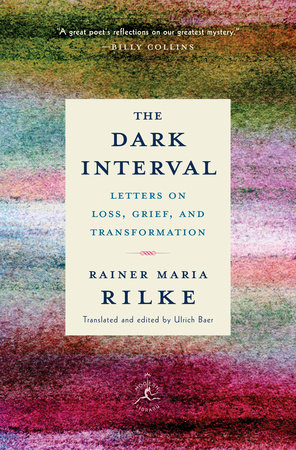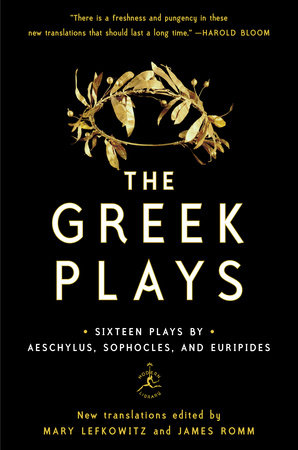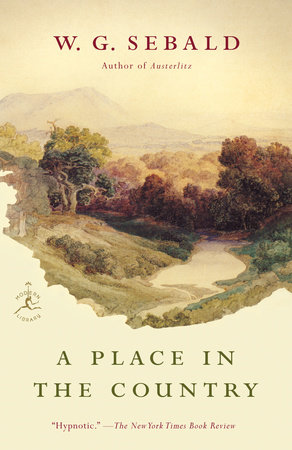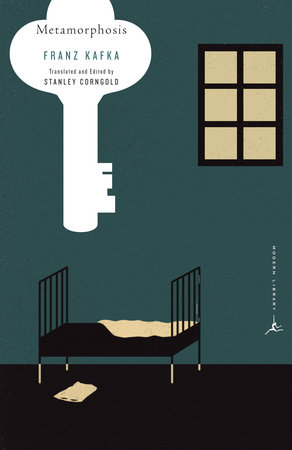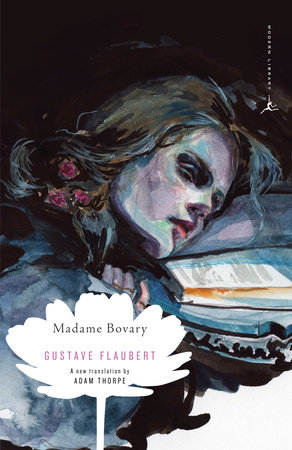Excerpt
Much Ado About Nothing
Chapter One
List of Parts
DON PEDRO, Prince of Aragon
BENEDICK, a lord from Padua companions to Don Pedro
CLAUDIO, a lord from Florence
BALTHASAR, a singer, attendant upon Don Pedro
A BOY, servant to Benedick
DON JOHN, illegitimate brother of Don Pedro
BORACHIO followers of
CONRAD Don John
LEONATO, governor of Messina
innogen, his silent wife
HERO, his daughter
BEATRICE, his niece, an orphan
ANTONIO, an old man, brother of Leonato
MARGARET gentlewomen
URSULA attendant upon Hero
FRIAR FRANCIS
DOGBERRY, Constable in charge of the Watch
VERGES, Headborough accompanying Dogberry
A SEXTON
WATCHMEN
Attendants and Messengers
Act 1 Scene 1 running scene 1
Enter Leonato Governor of Messina, Innogen his wife, Hero his daughter and Beatrice his niece, with a Messenger
LEONATO I learn in this letter that Don Peter of Aragon comes this night to Messina. Shows a letter
MESSENGER He is very near by this: he was not three leagues off when I left him.
LEONATO How many gentlemen have you lost in this action?
MESSENGER But few of any sort, and none of name.
LEONATO A victory is twice itself when the achiever brings home full numbers. I find here that Don Peter hath bestowed much honour on a young Florentine called Claudio.
MESSENGER Much deserved on his part and equally remem-bered by Don Pedro. He hath borne himself beyond the promise of his age, doing in the figure of a lamb the feats of a lion. He hath indeed better bettered expectation than you must expect of me to tell you how.
LEONATO He hath an uncle here in Messina will be very much glad of it.
MESSENGER I have already delivered him letters, and there appears much joy in him, even so much that joy could not show itself modest enough without a badge of bitterness.
LEONATO Did he break out into tears?
MESSENGER In great measure.
LEONATO A kind overflow of kindness. There are no faces truer than those that are so washed. How much better is it to weep at joy than to joy at weeping!
BEATRICE I pray you, is Signior Mountanto returned from the wars or no?
MESSENGER I know none of that name, lady: there was none such in the army of any sort.
LEONATO What is he that you ask for, niece?
HERO My cousin means Signior Benedick of Padua.
MESSENGER O, he’s returned, and as pleasant as ever he was.
BEATRICE He set up his bills here in Messina and challenged Cupid at the flight: and my uncle’s fool, reading the challenge, subscribed for Cupid and challenged him at the bird-bolt. I pray you, how many hath he killed and eaten in these wars? But how many hath he killed? For indeed I promised to eat all of his killing.
LEONATO Faith, niece, you tax Signior Benedick too much, but he’ll be meet with you, I doubt it not.
MESSENGER He hath done good service, lady, in these wars.
BEATRICE You had musty victual and he hath holp to eat it: he’s a very valiant trencherman, he hath an excellent stomach.
MESSENGER And a good soldier too, lady.
BEATRICE And a good soldier to a lady. But what is he to a lord?
MESSENGER A lord to a lord, a man to a man, stuffed with all honourable virtues.
BEATRICE It is so indeed, he is no less than a stuffed man. But for the stuffing — well, we are all mortal.
LEONATO You must not, sir, mistake my niece. There is a kind of merry war betwixt Signior Benedick and her: they never meet but there’s a skirmish of wit between them.
BEATRICE Alas, he gets nothing by that. In our last conflict four of his five wits went halting off, and now is the whole man governed with one: so that if he have wit enough to keep himself warm, let him bear it for a difference between himself and his horse, for it is all the wealth that he hath left to be known a reasonable creature. Who is his companion now? He hath every month a new sworn brother.
MESSENGER Is’t possible?
BEATRICE Very easily possible: he wears his faith but as the fashion of his hat — it ever changes with the next block.
MESSENGER I see, lady, the gentleman is not in your books.
BEATRICE No. An he were, I would burn my study. But I pray you, who is his companion? Is there no young squarer now that will make a voyage with him to the devil?
MESSENGER He is most in the company of the right noble Claudio.
BEATRICE O lord, he will hang upon him like a disease: he is sooner caught than the pestilence, and the taker runs presently mad. God help the noble Claudio. If he have caught the Benedick, it will cost him a thousand pound ere he be cured.
MESSENGER I will hold friends with you, lady.
BEATRICE Do, good friend.
LEONATO You’ll ne’er run mad, niece.
BEATRICE No, not till a hot January.
MESSENGER Don Pedro is approached.
Enter Don Pedro, Claudio, Benedick, Balthasar and John the bastard
DON PEDRO Good Signior Leonato, are you come to meet your trouble? The fashion of the world is to avoid cost, and you encounter it.
LEONATO Never came trouble to my house in the likeness of your grace, for trouble being gone, comfort should remain. But when you depart from me, sorrow abides and happiness takes his leave.
DON PEDRO You embrace your charge too willingly. I think this is your daughter.
LEONATO Her mother hath many times told me so.
BENEDICK Were you in doubt, sir, that you asked her?
LEONATO Signior Benedick, no, for then were you a child.
DON PEDRO You have it full, Benedick. We may guess by this what you are, being a man. Truly the lady fathers herself. Be happy lady, for you are like an honourable father.
BENEDICK If Signior Leonato be her father, she would not have his head on her shoulders for all Messina, as like him as she is. Don Pedro and Leonato talk aside
BEATRICE I wonder that you will still be talking, Signior Benedick: nobody marks you.
BENEDICK What, my dear Lady Disdain! Are you yet living?
BEATRICE Is it possible disdain should die while she hath such meet food to feed it as Signior Benedick? Courtesy itself must convert to disdain, if you come in her presence.
BENEDICK Then is courtesy a turncoat. But it is certain I am loved of all ladies, only you excepted: and I would I could find in my heart that I had not a hard heart, for truly I love none.
BEATRICE A dear happiness to women: they would else have been troubled with a pernicious suitor. I thank God and my cold blood, I am of your humour for that. I had rather hear my dog bark at a crow than a man swear he loves me.
BENEDICK God keep your ladyship still in that mind, so some gentleman or other shall scape a predestinate scratched face.
BEATRICE Scratching could not make it worse an ’twere such a face as yours were.
BENEDICK Well, you are a rare parrot-teacher.
BEATRICE A bird of my tongue is better than a beast of yours.
BENEDICK I would my horse had the speed of your tongue, and so good a continuer. But keep your way, a God’s name, I have done.
BEATRICE You always end with a jade’s trick. I know you of old.
DON PEDRO That is the sum of all, Leonato.— To the others
Signior Claudio and Signior Benedick, my dear friend Leonato hath invited you all. I tell him we shall stay here at the least a month, and he heartily prays some occasion may detain us longer. I dare swear he is no hypocrite, but prays from his heart.
LEONATO If you swear, my lord, you shall To Don John
not be forsworn.— Let me bid you welcome, my lord. Being reconciled to the prince your brother, I owe you all duty.
DON JOHN I thank you. I am not of many words, but I thank you.
LEONATO Please it your grace lead on?
DON PEDRO Your hand, Leonato. We will go together.
Exeunt all but Benedick and Claudio
CLAUDIO Benedick, didst thou note the daughter of Signior Leonato?
BENEDICK I noted her not, but I looked on her.
CLAUDIO Is she not a modest young lady?
BENEDICK Do you question me as an honest man should do, for my simple true judgement? Or would you have me speak after my custom, as being a professed tyrant to their sex?
CLAUDIO No, I pray thee speak in sober judgement.
BENEDICK Why, i’faith, methinks she’s too low for a high praise, too brown for a fair praise, and too little for a great praise. Only this commendation I can afford her, that were she other than she is, she were unhandsome, and being no other but as she is, I do not like her.
CLAUDIO Thou think’st I am in sport. I pray thee tell me truly how thou lik’st her.
BENEDICK Would you buy her, that you inquire after her?
CLAUDIO Can the world buy such a jewel?
BENEDICK Yea, and a case to put it into. But speak you this with a sad brow? Or do you play the flouting jack, to tell us Cupid is a good hare-finder and Vulcan a rare carpenter? Come, in what key shall a man take you to go in the song?
CLAUDIO In mine eye, she is the sweetest lady that ever I looked on.
BENEDICK I can see yet without spectacles and I see no such matter. There’s her cousin, an she were not possessed with a fury, exceeds her as much in beauty as the first of May doth the last of December. But I hope you have no intent to turn husband, have you?
CLAUDIO I would scarce trust myself, though I had sworn the contrary, if Hero would be my wife.
BENEDICK Is’t come to this? In faith, hath not the world one man but he will wear his cap with suspicion? Shall I never see a bachelor of threescore again? Go to, i’faith, an thou wilt needs thrust thy neck into a yoke, wear the print of it and sigh away Sundays. Look, Don Pedro is returned to seek you.


